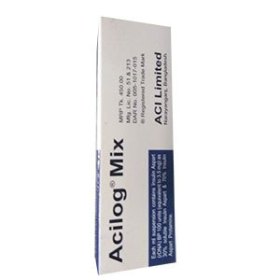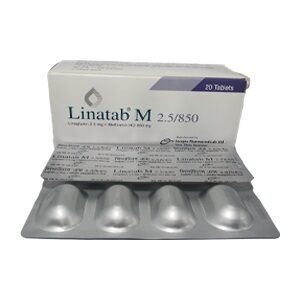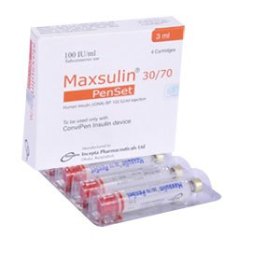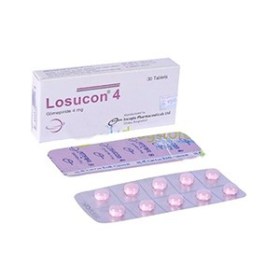Indications
Insulin Aspart is an insulin analog indicated to improve glycemic control in adults and children with diabetes mellitus
Therapeutic Class
Combination Insulin
Pharmacology
Insulin aspart, a rapid-acting analog of human insulin, lowers blood glucose levels; it regulates carbohydrate, protein and fat metabolism by inhibiting hepatic glucose production and lipolysis, and enhancing peripheral glucose disposal.
Dosage & Administration
The dosage of insulin aspart must be individualized.
Subcutaneous injection: insulin aspart should generally be given immediately (within 5-10 minutes) prior to the start of a meal.
Use in pumps: Change the insulin aspart in the reservoir at least every 6 days, change the infusion set, and the infusion set insertion site at least every 3 days. insulin aspart should not be mixed with other insulins or with a diluent when it is used in the pump.
Intravenous use: insulin aspart should be used at concentrations from 0.05 U/mL to 1.0 U/mL insulin aspart in infusion systems using polypropylene infusion bags. insulin aspart has been shown to be stable in infusion fluids such as 0.9% sodiumchloride.
Interaction
Reduce insulin requirements with oral hypoglycemics, octreotide, MAOIs, ACE inhibitors, salicylates, alcohol, anabolic steroids & sulfonamides; increase insulin requirements with OCs, thiazides, glucocorticoids, thyroid hormones, sympathomimetics & danazol. Alcohol may intensify & prolong the glucose lowering effect of insulin.
Contraindications
Do not use during episodes of hypoglycemia. Do not use in patients with hypersensitivity to NovoLog or one of its excipients.
Side Effects
Adverse events commonly associated with human insulin therapy include the following: Allergic reactions. Injection site reaction, lipodystrophy, pruritus, rash, lipoatrophy, hypokalaemia, blurred vision. Hypoglycaemia, insulin resistance.
Pregnancy & Lactation
Pregnancy Category-B. Animal reproduction studies have failed to demonstrate a risk to the fetus and there are no adequate and well-controlled studies in pregnant women OR Animal studies have shown an adverse effect, but adequate and well-controlled studies in pregnant women have failed to demonstrate a risk to the fetus in any trimester.












Reviews
There are no reviews yet.